
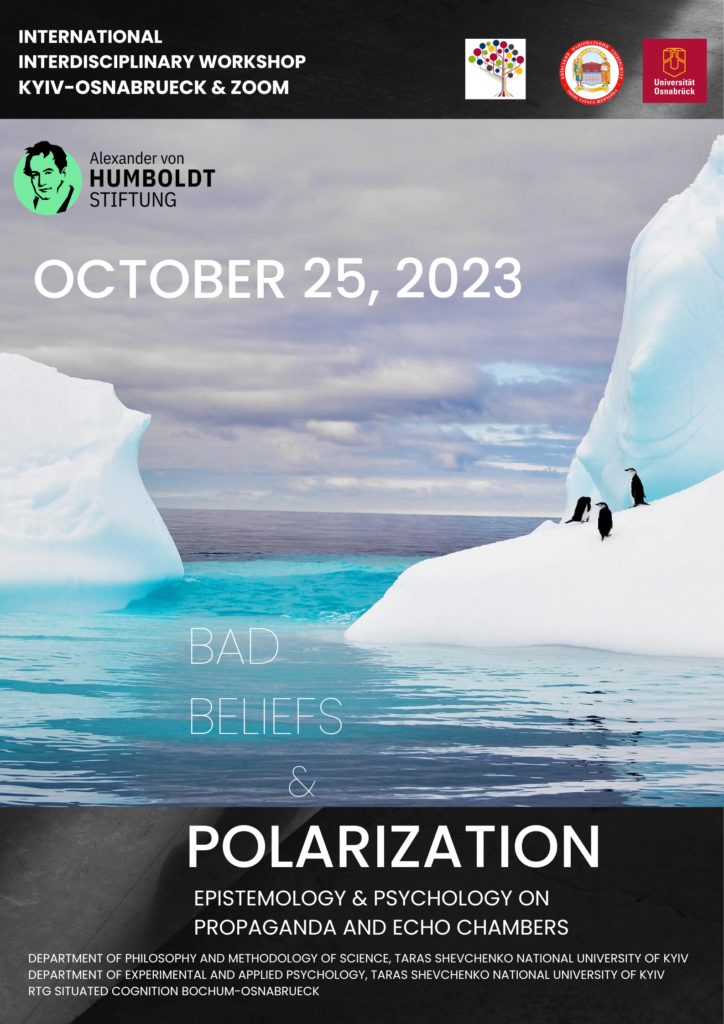
Bad Beliefs and Polarization
Epistemology and Psychology on Propaganda and Echo Chambers
Abstract
Climate change denial, the anti-vax movement, Pizza Gate, and political propaganda — what unites these seemingly disparate phenomena? They are related to inappropriately formed, unfounded beliefs that contradict available evidence and expert consensus. In essence, they are manifestations of what we refer to as “bad beliefs.” Some of these bad beliefs are persistent, proving resistant to revision, and expressed by a group of like-minded people. Within such groups, an echo chamber effect takes hold, amplifying these beliefs and creating a resonance that binds the group together while isolating them from opposing viewpoints. Propaganda perfectly manipulates the echo chamber effect, leading to extreme social polarization. In this workshop, our aim is to delve into the language of propaganda, and explore whether specific language is a means of polarization and a mechanism for creating an echo chamber or simply a symptom and result of polarization. We will also discuss the issue of the persistence of bad beliefs and the selective effect of propaganda from both philosophical and psychological perspectives.
Event Details
The Department of Philosophy and Methodology of Science, the Department of Experimental and Applied Psychology, Taras Shevchenko National University of Kyiv, and the RTG ‘Situated Cognition’ Bochum-Osnabrück invite you to join our workshop. This is a bi-local event taking place in person both in Kyiv, Ukraine, as well as in Osnabrück, Germany.
Kyiv, Ukraine
Volodymyrska Street 60
01033, Kyiv
Room 327
Osnabrück, Germany
Albrechtstraße 28A
49076, Osnabrück
Room 69/E15
Streamed Talks
All talks will also be streamed via Zoom to anyone interested (no registration needed). Please use the following credentials to join:
Zoom ID: 868 7806 6695
Zoom Code: 133006
Schedule
The Event takes place on the 25th of October from 13:00 – 18:00 (DE) and 14:00 – 19:00 (UA), respectively. The times displayed below are according to the German Time Zone (UTC+2). The Ukranian Time Zone is UTC+3, i.e., one hour later than the times presented here.
| TIME | TYPE | SPEAKER | TITLE | |
| 13:00 – 13:15 | Opening Remarks | Olena Komar | ||
| 13:15 – 13:50 | Talk | Olena Komar | Bad Beliefs and Social Polarization: How Language Contributes to Echo Chambers | |
| 13:50 – 14:25 | Talk | Dmytro Iarovyi | Resilience to Propaganda and Disinformation: How Critical We Are in Self-Assessment? | |
| 14:25 – 15:00 | Talk | Tobias Kretschel & Daniele Valentini | Using users’ votes to detect echo chambers in social media | |
| 15:00 – 15:30 | Coffee Break | |||
| 15:30 – 16:05 | Talk | Rebecca Watzlawek | Language in Echo Chambers – How Metaphors intensify Affective Phenomena | |
| 16:05 – 16:40 | Talk | Illia Yahiiaiev | Conspiracy Theories and Shared Worldviews: Differences in Russian Citizens’ Beliefs Based on Their Attitudes Towards the Russia-Ukraine War | |
| 16:40 – 17:00 | Coffee Break | |||
| 17:00 – 18:00 | Final Discussion and Q&A Panel | Prof. Dr. Nikola Kompa & Prof. Dr. Achim Stephan |
The Speakers
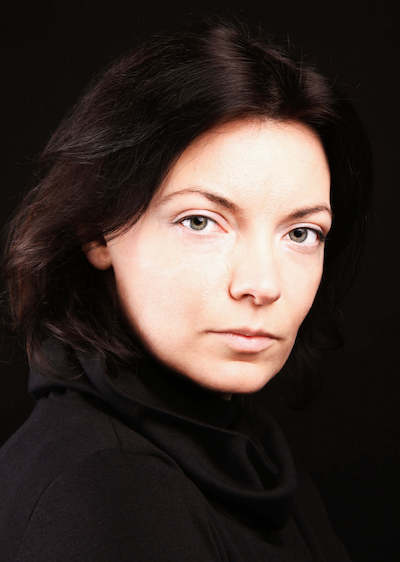
Olena Komar is an Associate Professor in the Department of Philosophy and Methodology of Science at the Taras Shevchenko National University of Kyiv, a fellow at RTG Situated Cognition, and a research fellow at the University of Osnabrück, PhD in Philosophy
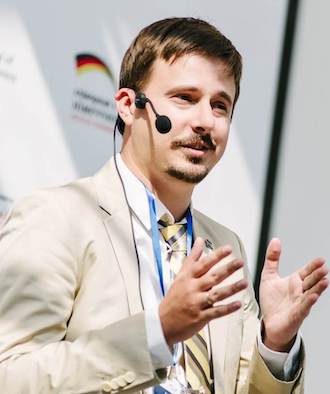
Dmytro Iarovyi is an Associate Professor at Kyiv School of Economics (Ukraine) and Assistant Professor at the Vytautas Magnus University (Lithuania), PhD in Political Psychology
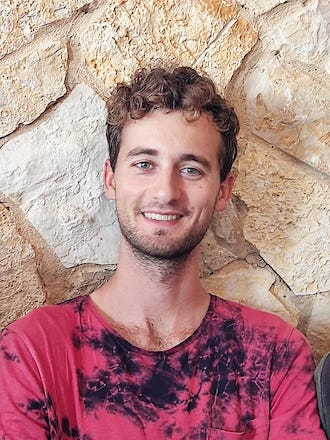
Tobias Kretschel is a Cognitive Science student pursuing his master’s degree at the Institute of Cognitive Science, University of Osnabrück, Germany
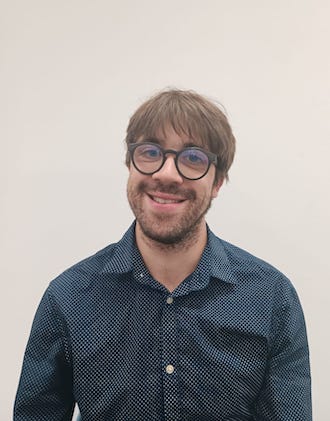
Daniele Valentini is a Ph.D. candidate at the Institute of Cognitive Science, Osnabrück University. He is also an Associated Ph.D. at RTG Situated Cognition
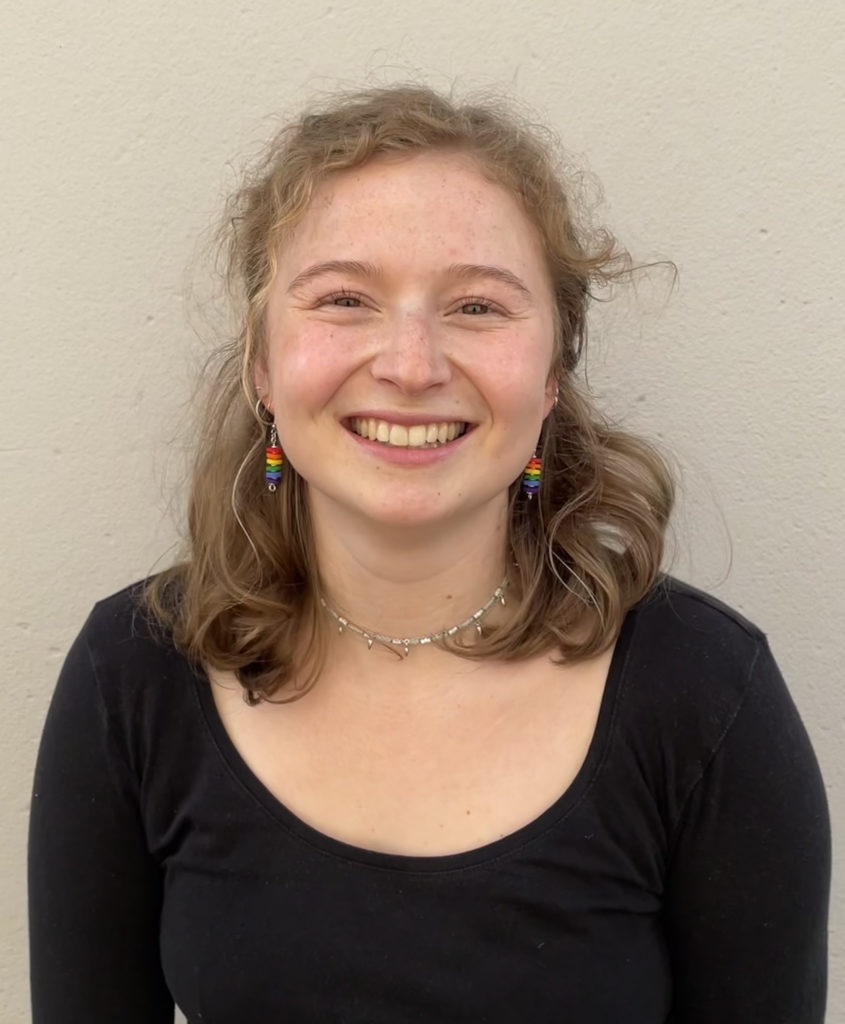
Rebecca Watzlawek is a Cognitive Scientist pursuing her master’s degree at the Institute of Cognitive Science, University of Osnabrück, Germany, and Coordination Assistant at RTG ‘Situated Cognition’
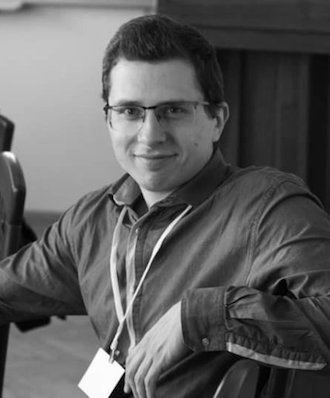
Illia Yahiiaiev is an Associate Professor at the Department of Psychology at Taras Shevchenko National University of Kyiv, PhD in Psychology. He is a social psychologist in Open Minds Institute (OMI)
Project
This workshop is part of the research project of Prof. Dr. Olena Komar supported by the Philipp Schwartz Initiative of the Alexander von Humboldt Foundation.
The project “Bad beliefs, echo chambers, and the epistemic conditions of moral responsibility” is a philosophical study of group beliefs by applying moral philosophy, epistemology and cognitive science.
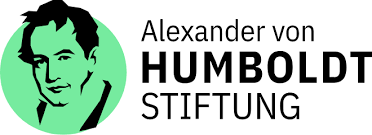
Contact us
Raum: 69/101
Institut für Philosophie
Universität Osnabrück
E-Mail: badbeliefschamber@gmail.com